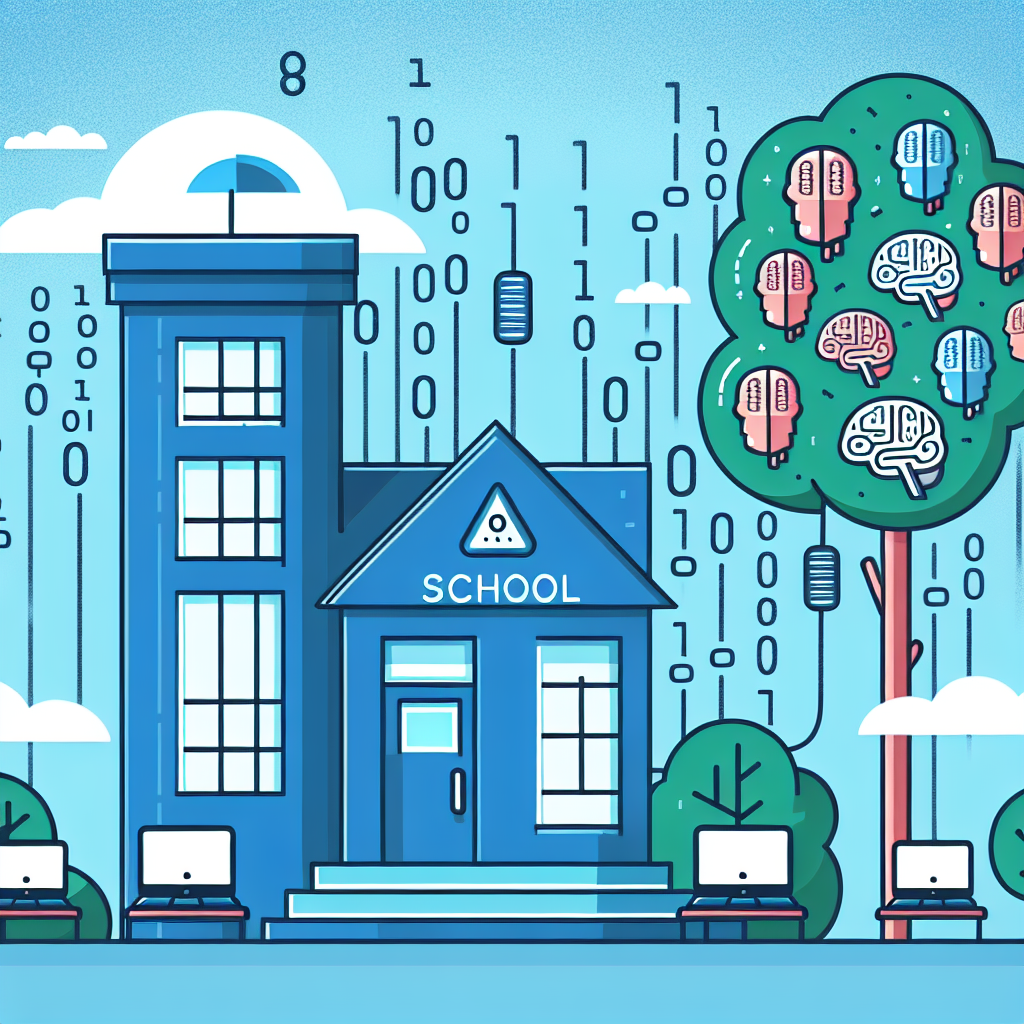
The Impact of Digitization in Schools
In recent years, the field of school psychology has undergone a significant transformation, primarily driven by the rapid digitization of educational tools and practices. As schools continue to adapt to a digital age, psychologists are at the forefront of ensuring these changes support students’ emotional and educational needs. This blog explores the implications of digital trends in school psychology, focusing on its potential to enhance learning outcomes while addressing key challenges.
The Digital Transformation in School Psychology
According to an article from Contemporary School Psychology, the shift towards digital tools in education is accelerating. This transformation encompasses everything from digital assessment methods to telepsychology services. The adoption of these technologies is set to streamline processes, making mental health support accessible to a larger student demographic.
Opportunities Presented by Digitization
Digitization offers numerous opportunities for school psychology:
- Access and Inclusivity: Digital tools make psychological services more accessible, especially in remote or underserved areas. This inclusivity ensures that a wider array of students benefit from professional support.
- Enhanced Data Collection and Analysis: Digital platforms facilitate the collection and analysis of data, enabling psychologists to track student progress and tailor interventions effectively.
- Remote Support: The capability for virtual consultation and intervention mitigates barriers such as absences or geographical limitations, ensuring continuous support.
Challenges in the Digital Landscape
While digitization comes with significant benefits, it also poses challenges:
- Privacy Concerns: Handling sensitive student data requires robust security measures to prevent breaches.
- Technological Discrepancies: Not all schools have equal access to technology, which can create disparities.
- Training Needs: School psychologists and educators require comprehensive training to effectively integrate digital tools into their practices.
Current Trends in School Psychology
Recent discussions emphasize a shortage of school psychologists, a situation compounded by increasing mental health stressors in educational settings as noted by the American Psychological Association. This shortage underscores a critical need for more trained professionals to meet the growing demands.
The Push for More School Psychologists
There is a growing recognition of the pivotal role school psychologists play in supporting student well-being and academic success. Efforts are underway to recruit and train more professionals to fill existing gaps. Conferences and programs, such as those highlighted by Behavior Advantage, are integral in equipping school psychologists with the latest research and techniques.
Beyond the Pandemic: A New Normal
The COVID-19 pandemic dramatically shifted educational landscapes, ushering in remote and hybrid learning models that are likely to persist. School psychologists play an essential role in helping students navigate these changes, offering coping strategies and fostering resilience.
Conclusion
The digitization of educational environments presents both challenges and opportunities for school psychology. Embracing these digital tools can enhance service delivery and extend the reach of psychological services. As the field continues to evolve, the emphasis on training, accessibility, and security will be paramount in ensuring the mental and emotional well-being of students in this new age of education.
For further reading on these trends and their impact, you can access the full articles on the Springer and APA websites.



